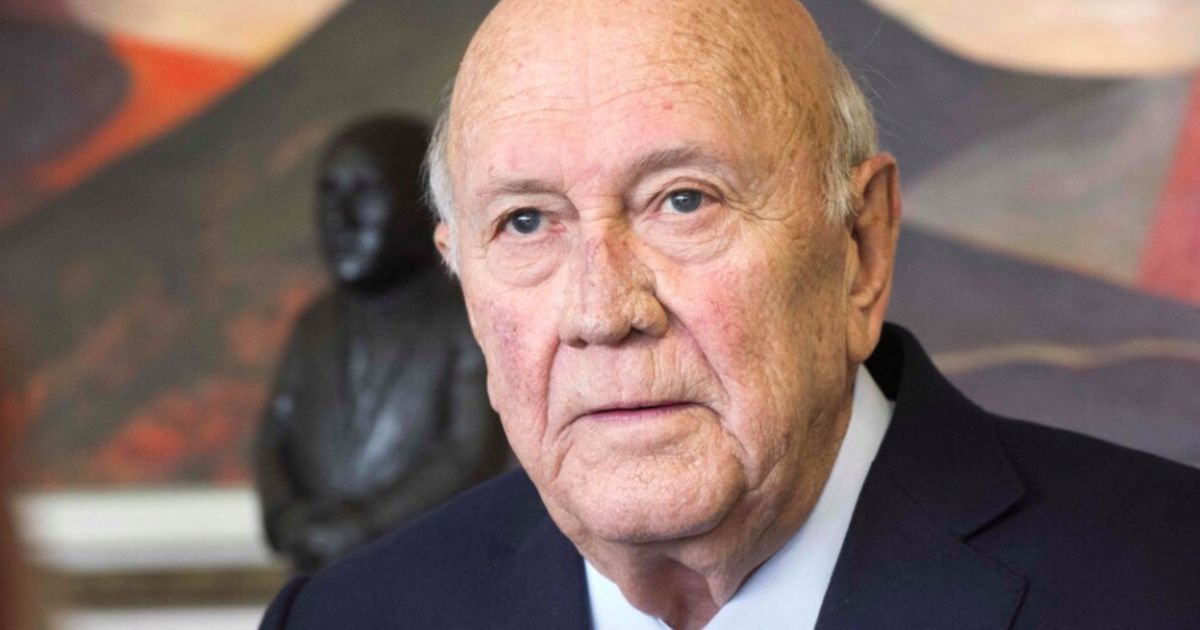South African President Cyril Ramaphosa said he was saddened to learn of his predecessor’s death. Ramaphosa said de Klerk played a key role in the process of giving the country democracy.
De Klerk and Mandela were awarded the Nobel Peace Prize in 1993 for their work towards a relatively peaceful transition to a democracy without apartheid. Segregation of the population on the basis of race or racial characteristics was introduced in South Africa in 1948 and collapsed in 1990 as a result of majority opposition and foreign pressure. De Klerk was the driving force behind the dismantling of apartheid in the last minority government. The term Afrikaans apartheid has become notorious throughout the world and is rarely translated.
De Klerk was the son of a National Party politician who became a Member of Parliament in 1972. In addition to being a member of the National Party, he was a member of the underground Broederbond, an influential association of Afrikaners. De Klerk became the first prime minister in 1978 under Prime Minister John Forster. After that, he held several ministerial positions. In February 1989, then-President Peter Willem Botha, a staunch supporter of apartheid, suffered a stroke and de Klerk succeeded him after a while. Exactly one year later, in February 1990, he emerged as the destroyer of the apartheid regime by ceasing to ban opposition movements. He ordered the release of Mandela, who was then one of the world’s most famous political prisoners.
After years of negotiations between parties, the country won a democratic election in April 1994 in which all South Africans could vote. Mandela became president and de Klerk one of the vice presidents. He was the leader of the opposition in Parliament for some time, but retired from politics in South Africa in 1997. The politician who was a product of apartheid proved decisive in its dismantling, but later insisted that the minority governments of which he was a part also achieved many good things .







